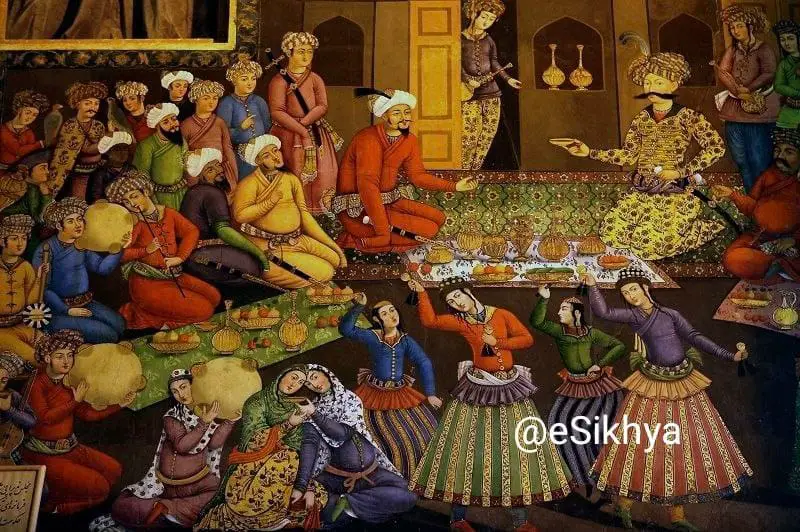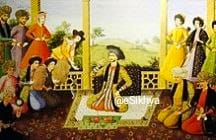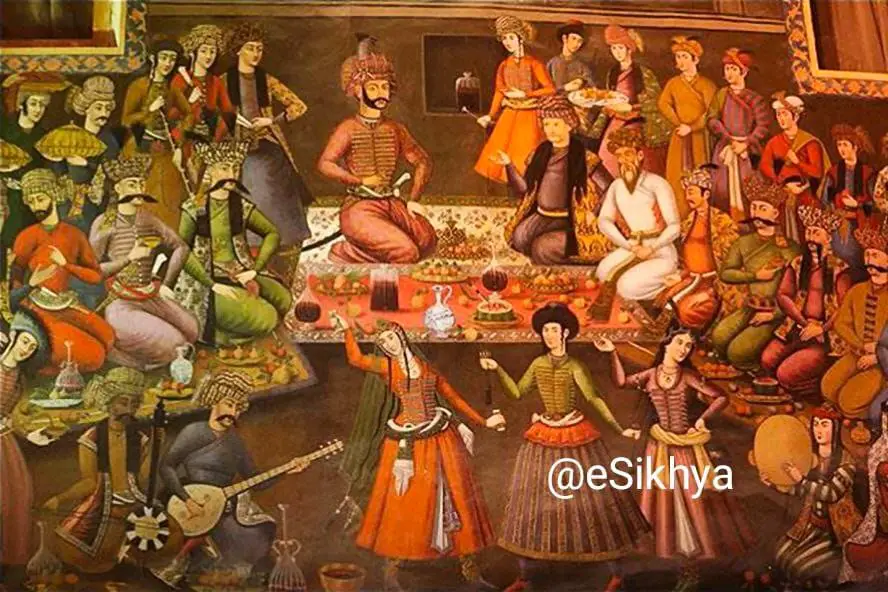The Islamic tradition of pre-colonial Indian political thought significantly influenced the Indian subcontinent, shaping its political, social, and cultural landscapes.

This tradition primarily developed during the period of the Delhi Sultanate (1206-1526) and the Mughal Empire (1526-1857). Islamic political thought in India was characterized by a blend of Islamic principles with local traditions and practices, resulting in a unique synthesis.
Key Aspects of Islamic Political Thought in Pre-Colonial India
1. The Concept of Sovereignty
- Divine Right of Kings: Islamic rulers in India were seen as representatives of Allah on earth, deriving their authority from divine sanction. This concept emphasized the legitimacy of rulers who adhered to Islamic law (Sharia).
- Caliphate Model: While the Caliphate as a political institution was not established in India, the idea of a ruler as a caliph, upholding and implementing Islamic principles, was influential.
2. Justice and Governance
- Sharia and Governance: Islamic rulers sought to implement Sharia as the guiding principle of governance, ensuring justice, equity, and moral conduct. This included the establishment of Qazi courts to adjudicate legal matters according to Islamic law.
- Adab al-Mulk: This refers to the ethical and moral guidelines for rulers, emphasizing justice, benevolence, and the welfare of subjects. Texts like the “Siyasatnama” (Book of Government) by Nizam al-Mulk provided comprehensive advice on governance.
3. Administrative Structures
- Centralized Administration: The Delhi Sultanate and the Mughal Empire developed centralized administrative systems, with the Sultan or Emperor at the apex. This included various departments and officials, such as Wazirs (ministers) and provincial governors.
- Revenue Systems: Efficient revenue systems, like the Iqta system under the Delhi Sultanate and the Mansabdari system under the Mughals, were established to ensure regular income for the state and maintain military and administrative efficiency.
4. Inclusivity and Religious Tolerance
- Sulh-i-Kul: Akbar, one of the most notable Mughal emperors, promoted the policy of Sulh-i-Kul (universal peace), advocating for religious tolerance and inclusivity. He encouraged dialogue between different religious communities and incorporated non-Muslims into administrative and military roles.
- Cultural Synthesis: Islamic rulers patronized local arts, culture, and architecture, leading to a synthesis of Islamic and Indian traditions. This cultural integration is evident in the Indo-Islamic architectural style and the development of new languages, such as Urdu.
5. Philosophical and Ethical Contributions
- Akhlaq Literature: Ethical literature, known as Akhlaq, provided guidelines for personal conduct and governance. Texts like “Akhlaq-i-Nasiri” by Nasir al-Din Tusi emphasized virtues like justice, wisdom, and courage for rulers.
- Sufi Influence: Sufism, with its emphasis on mysticism, love, and devotion, played a significant role in shaping the spiritual and ethical outlook of rulers and subjects. Sufi saints often acted as mediators between the rulers and the populace, promoting social harmony.
Major Figures and Texts

- Al-Biruni: A polymath who traveled to India and wrote extensively on Indian culture, philosophy, and sciences in his work “Kitab al-Hind.”
- Amir Khusrau: A poet, scholar, and musician who contributed to the cultural and intellectual life of the Delhi Sultanate.
- Ziauddin Barani: An important historian and political thinker who authored “Tarikh-i-Firoz Shahi” and “Fatwa-i-Jahandari,” which discuss the nature of kingship and governance.
- Abu’l-Fazl: A key advisor to Akbar and the author of “Ain-i-Akbari,” which documents the administration, culture, and policies of Akbar’s reign.
Influence and Legacy

- Administrative Innovations: The centralized administrative systems and revenue practices introduced by Islamic rulers left a lasting impact on the governance structures in India, influencing subsequent colonial and post-colonial administration.
- Cultural Integration: The blending of Islamic and Indian cultural elements led to a rich and diverse cultural heritage, seen in literature, music, architecture, and language.
- Religious and Social Harmony: Policies promoting religious tolerance and inclusivity helped in maintaining social harmony and integrating diverse communities into the political framework.
- Intellectual Contributions: The philosophical and ethical literature produced during this period enriched the intellectual traditions of India, influencing later thinkers and reformers.
In summary, the Islamic tradition of pre-colonial Indian political thought contributed significantly to the development of political structures, administrative practices, and cultural synthesis in India. Its emphasis on justice, ethical governance, and inclusivity has left a profound and enduring legacy.
